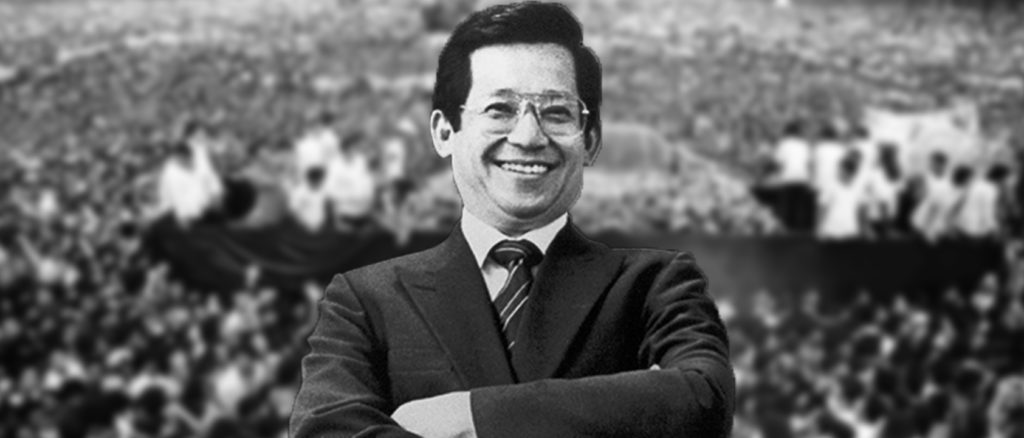On August 21, 1983, former senator Benigno Simeon “Ninoy” Aquino Jr., who is a known champion of democracy and freedom, was assassinated shortly after his plane landed at the airport in Manila that is now known as the Ninoy Aquino International Airport (NAIA).
Aquino has just returned in the country after spending three years in exile in the United States then.
Known for being a political figure who loved democracy and fought incessantly against the dictatorship of Ferdinand Marcos, his tragic death sparked the historic EDSA People Power Revolution, which toppled a dictator and sealed his political demise.
Aquino’s life may have ended in 1983, but his words and wisdom continue to influence and inspire many Filipinos up to this day.
In commemoration of his death anniversary, let’s take a look back at some of his famous quotes and let us all be reminded to love our country as much as he did.
He emphasized that there is no need for violence or threat to having good communication with Filipinos.
“I believe that the Filipino will respond to the call to greatness not by coercion but by persuasion, not by intimidation but through the ways of freedom.”
He reminded us to take pride in the Philippines and its people.
“There is no greater nation on earth than our Motherland. No greater people than our own. Serve them with all your heart, with all your might, and with all your strength.”
He shared the importance of living a life according to one’s integrity.
“The only advice I can give you: live with honor and follow your conscience.”
He taught us to be leaders in our own ways.
“We should not depend on one man; we should depend on all of us. All of us are expendable in the cause for freedom and therefore I say stand up now and be a leader, and when all of us are leaders, we will expedite the cause of freedom.”
He told us the worth of every Filipino.
“I have asked myself many times: Is the Filipino worth suffering, or even dying, for? Is he not a coward who would readily yield to any colonizer, be he foreign or homegrown? Is a Filipino more comfortable under an authoritarian leader because he does not want to be burdened with the freedom of choice? Is he unprepared, or worse, ill-suited for presidential or parliamentary democracy? I have carefully weighed the virtues and the faults of the Filipino and I have come to the conclusion that he is worth dying for because he is the nation’s greatest untapped resource.”
